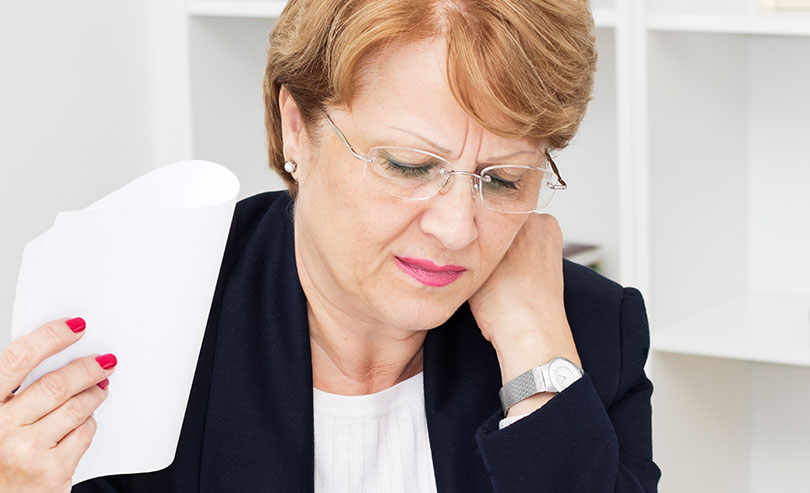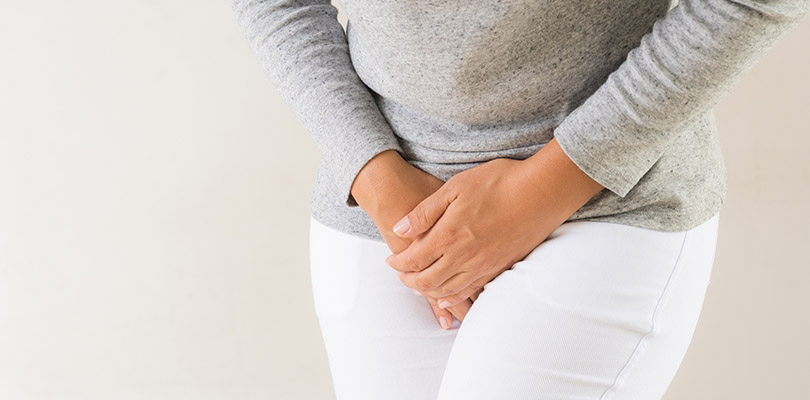
Photo Credit: dolgachov / istockphoto.com
2. Worse PMS
As hormone levels change during perimenopause, your typical PMS may get worse. Emotional symptoms like mood swings, anxiety, depressed mood, crying spells, sleep troubles and foggy memory may feel worse. Physical symptoms of PMS like joint and muscle pain, headaches, fatigue, bloating, constipation and diarrhea, breast tenderness can also be more intense.
Tips for coping with PMS aggravation:
- Change your diet. Eat smaller but more frequent meals and avoid foods that make you feel bloated. Limit salt and add more complex carbs (i.e. whole grains, fruits and veggies) and calcium rich foods (i.e. yogurt, kefir, sesame seeds). Avoid alcohol and caffeine.
- Work out daily. Do at least 30 minutes or walking, swimming or other aerobic exercises.
- Reduce stress by practicing relaxation techniques like deep breathing, meditation or yoga.
Related Search Topics
You May Also Like
Menopause hair loss can be upsetting, but if you notice that your hair isn’t as thick as it used to be, you are not alone.







